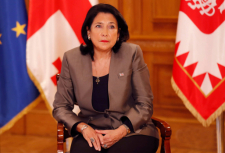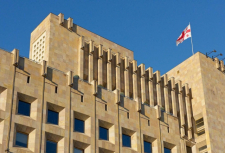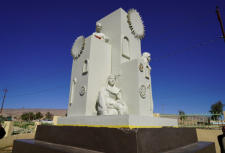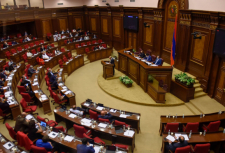Music in the cultural life of the Yazidis
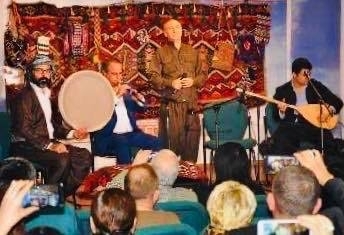
In the cultural life of the Yazidis, music plays the role of a privileged, say, unique among: its literature is defined and its social functions are based. From historical Chronicles to lyrical poetry and heroism for literary works, all this is sung, all this is put to music, so that it is better or easier to remember and, therefore, to lead for future generations.
This year marks the 70th anniversary of the Victory of the Soviet people in the great Patriotic war. The circumstances of its origin and development, according to the song, are very diverse and it is difficult to establish with accuracy the first clean vocals. The song part enters into a woman who wants to Express feelings of grief or even joy. It can also be divorced in the course of poetic compositions of young men and women, during their return along the blue paths or at other meetings of young people: night meetings in the village square, new year celebrations, marriage ceremonies that can last from three days to three weeks, and the Song can mean with a blow tragic events.
When a song, an instrumental accompaniment is added and it is secured by anonymity through the mediation of the dengbêj (bards), who distribute it in the air of their trip from village to village, from camp to camp. Dengbêj is a person endowed with exceptional memory, possessing a beautiful voice, or perhaps a skilled performer on musical instruments. Stop me, only maybe the fame of other people from one end of the Yazidi territory, to act as an effective agent in the development of the Yazidi national culture: he created it, a poet and a composer.
One of the best Yazidi classical performers of his time
Sharoe Bro
Mamoe Slo
Shavave Egit
Afoe Asad
Ordie Kote
Iskoe Lzgi
Agite Teshir
Mashite Sleman
Bemale Kako
Shable Chachan
Karapete Khacho
Arame Tigran
Abraham Karapet
Golizar Qachax
Aslike Qadar
Tags:
Music in the cultural life of the Yazidis

In the cultural life of the Yazidis, music plays the role of a privileged, say, unique among: its literature is defined and its social functions are based. From historical Chronicles to lyrical poetry and heroism for literary works, all this is sung, all this is put to music, so that it is better or easier to remember and, therefore, to lead for future generations.
This year marks the 70th anniversary of the Victory of the Soviet people in the great Patriotic war. The circumstances of its origin and development, according to the song, are very diverse and it is difficult to establish with accuracy the first clean vocals. The song part enters into a woman who wants to Express feelings of grief or even joy. It can also be divorced in the course of poetic compositions of young men and women, during their return along the blue paths or at other meetings of young people: night meetings in the village square, new year celebrations, marriage ceremonies that can last from three days to three weeks, and the Song can mean with a blow tragic events.
When a song, an instrumental accompaniment is added and it is secured by anonymity through the mediation of the dengbêj (bards), who distribute it in the air of their trip from village to village, from camp to camp. Dengbêj is a person endowed with exceptional memory, possessing a beautiful voice, or perhaps a skilled performer on musical instruments. Stop me, only maybe the fame of other people from one end of the Yazidi territory, to act as an effective agent in the development of the Yazidi national culture: he created it, a poet and a composer.
One of the best Yazidi classical performers of his time
Sharoe Bro
Mamoe Slo
Shavave Egit
Afoe Asad
Ordie Kote
Iskoe Lzgi
Agite Teshir
Mashite Sleman
Bemale Kako
Shable Chachan
Karapete Khacho
Arame Tigran
Abraham Karapet
Golizar Qachax
Aslike Qadar
Tags:
